Explore the Best AI Image Gallery

AI-Generated Media: Navigating the Ethical Labyrinth of Creative Innovation
The realm of creativity is undergoing a seismic shift with the emergence of AI-generated media. Artificial intelligence algorithms are now capable of producing stunning visuals, composing captivating music, and even crafting compelling written content. This transformative technology presents both exciting opportunities and complex ethical challenges that demand careful consideration.
The Creative Canvas Reimagined
AI-generated media has the potential to revolutionize various sectors within the creative industry:
- Art and Design: AI algorithms can assist artists in generating novel concepts, exploring unconventional styles, and creating personalized artworks. Imagine a world where AI tools empower anyone to express their artistic vision, regardless of technical expertise.
- Music Production: Composers can leverage AI to generate melodies, harmonies, and even entire musical pieces, pushing the boundaries of sonic experimentation. This opens up possibilities for creating immersive soundscapes and personalized audio experiences.
- Content Creation: Writers can utilize AI to overcome writers block, brainstorm ideas, and draft compelling narratives. AI-powered tools can also assist in generating marketing copy, website content, and even scripts for films and television shows.
Ethical Crossroads: Navigating the Complexities
While AI-generated media offers immense potential, it raises several ethical concerns that require careful examination:
- Authorship and Intellectual Property: When an AI algorithm creates a piece of content, who owns the copyright? Is it the developer of the AI, the user who provides input, or the AI itself? Establishing clear legal frameworks for intellectual property rights in the age of AI is crucial.
- Bias and Discrimination: AI algorithms are trained on vast datasets, which can inadvertently contain biases that reflect societal stereotypes. This can result in AI-generated media perpetuating harmful representations and reinforcing existing inequalities. Its essential to develop techniques for identifying and mitigating bias in AI systems.
- Misinformation and Deepfakes: The ability to create hyperrealistic synthetic media raises concerns about the spread of misinformation and the potential for malicious manipulation. Ensuring accountability and transparency in the creation and dissemination of AI-generated content is paramount.
- Impact on Creative Jobs: While AI can augment creative workflows, there are concerns about its potential to displace human artists and designers. Its important to consider the societal impact and explore strategies for fostering a future where AI and human creativity coexist harmoniously.
Shaping the Future: Responsible Innovation
As AI-generated media continues to evolve, its crucial to prioritize ethical considerations and responsible innovation:
- Transparency and Explainability: Making AI algorithms more transparent and understandable can help build trust and accountability. Researchers and developers should strive to create explainable AI systems that provide insights into their decision-making processes.
- Human Oversight and Control: Its essential to maintain human oversight in the creative process, ensuring that AI serves as a tool to augment human creativity rather than replacing it entirely. Establishing clear guidelines for human intervention in AI-generated content is crucial.
- Education and Awareness: Raising public awareness about the capabilities and limitations of AI-generated media is essential. Educating individuals about the ethical implications and potential biases can empower them to critically evaluate AI-created content.
- Collaboration and Dialogue: Fostering open dialogue and collaboration between artists, technologists, policymakers, and ethicists is crucial for navigating the complex landscape of AI-generated media. Multidisciplinary approaches can help ensure that AI technologies are developed and deployed in a responsible and ethical manner.
The future of creative expression lies at the intersection of human ingenuity and artificial intelligence. By embracing responsible innovation, fostering ethical discourse, and prioritizing human values, we can harness the transformative power of AI to unlock new dimensions of creativity and shape a more inclusive and innovative future for all.

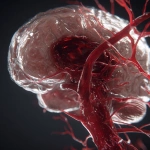

](https://images.ai-img.art/thumbnails/150/476665d1452e44d38d5b4fbf5fab4389a6131d55b7bfe8a41d7f65f66b5a9310.webp)
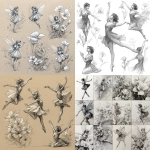
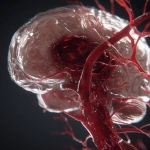




](https://images.ai-img.art/thumbnails/150/aed4d771a0a5b63bed28f6e7183dd4614c5e3e3586d300c8d879ccbb37dbfb4e.webp)




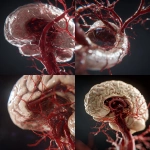
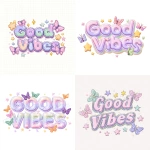
](https://images.ai-img.art/thumbnails/150/cf8299cc184c859eff89d17514689e19c7994ad29256a58ad77fa0f7218e2cff.webp)


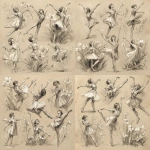



](https://images.ai-img.art/thumbnails/150/78b567a3483191dd52f3d16038b5a926e03e4066d5b301cfff023fb91a962e67.webp)





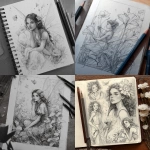






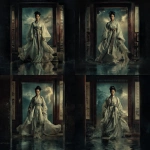
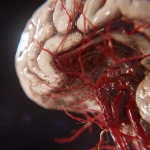
](https://images.ai-img.art/thumbnails/150/915b5e50ce61f6219cb8f764d89e2efcb8ad3a9ebd09e0670ae7dc0e2c99a8bd.webp)


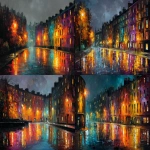


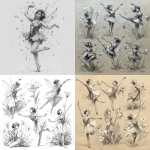

](https://images.ai-img.art/thumbnails/150/da89993919887fcf2c84af5ec12f2ac997ad0f67c8bf00fecd67ba06a1b3dc49.webp)

